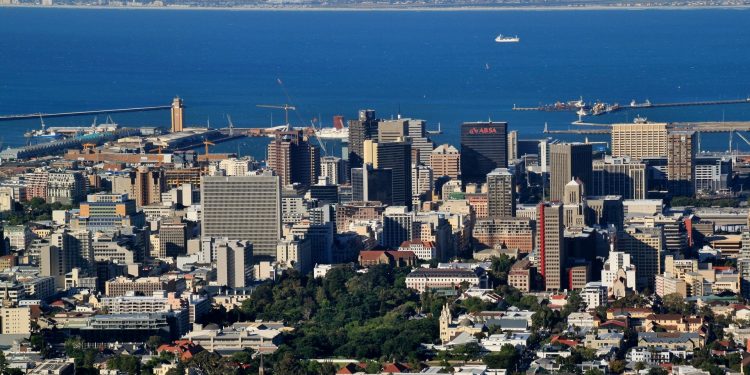South Africa’s economy declined below its pre-pandemic levels in the final quarter of 2022, primarily due to the impact of severe power shortages on economic activity.
The country’s gross domestic product declined by 1.3 per cent in the fourth quarter, worse than expected.
After rallying in the third quarter of 2022 … GDP fell below pre-pandemic levels.
National Statistics Agency – StatsSA
In the last quarter, South Africa experienced hindered growth due to an extraordinary occurrence of power outages. Only two days remained unaffected by the scheduled blackouts during the three months.
The energy minister estimates that the power cuts led to a loss of more than $50 million in output per day.
The blackouts have been attributed to Eskom, which provides about 90 per cent of the country’s energy requirements.
Despite being a critical supplier of electricity, Eskom is grappling with power plants that frequently malfunction and is struggling to fulfil the energy demands, causing significant disruption across the country.
Moreover, the economic growth has been hindered by floods and an energy crisis, which is now predicted to result in growth as low as 0.3 per cent in 2023, down from 2.5 per cent in the previous year, as stated by the central bank.
To address the electricity supply crisis, President Cyril Ramaphosa has declared a national state of disaster and appointed a new Minister of Electricity, Kgosientsho Ramokgopa, a civil engineer and former mayor of Pretoria.
Despite these efforts, the power outages have worsened, with a record 207 days of power cuts experienced in 2022, compared to 75 days in 2021.
Read Also: Eskom, South Africa’s Power Utility Receives $13.9 Billion Debt Relief from the Government




